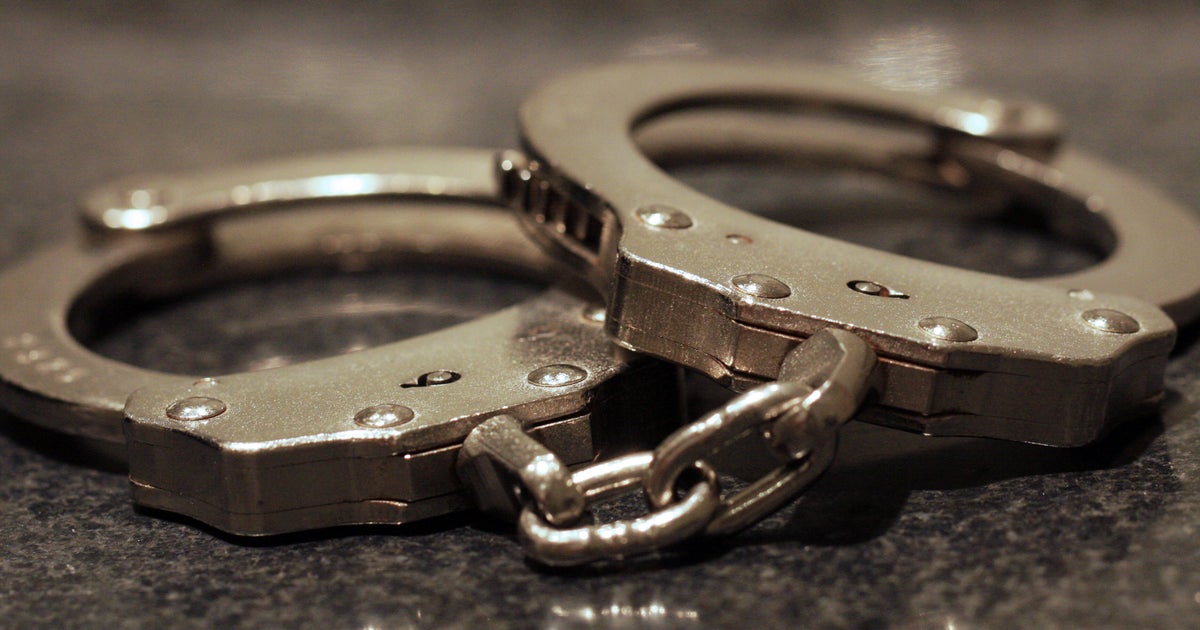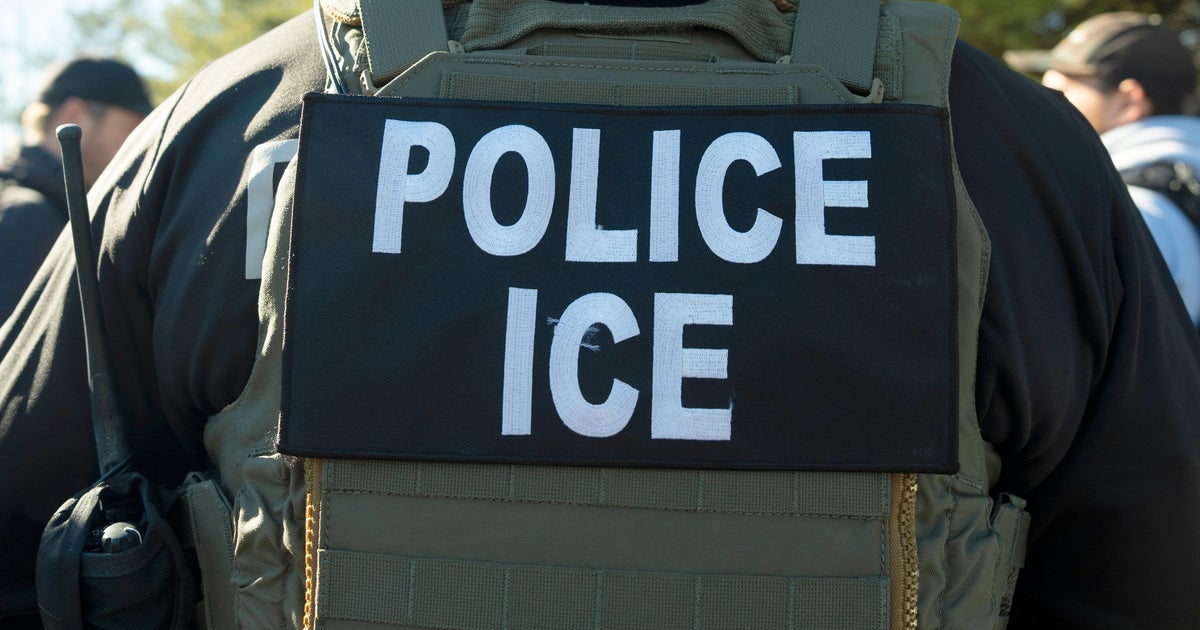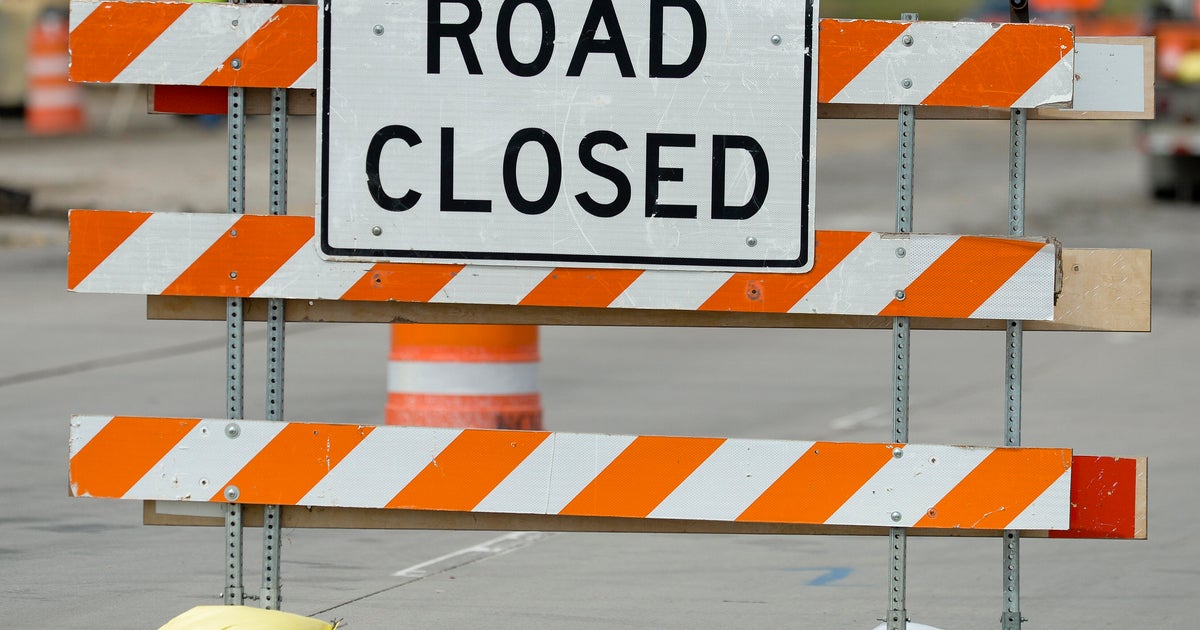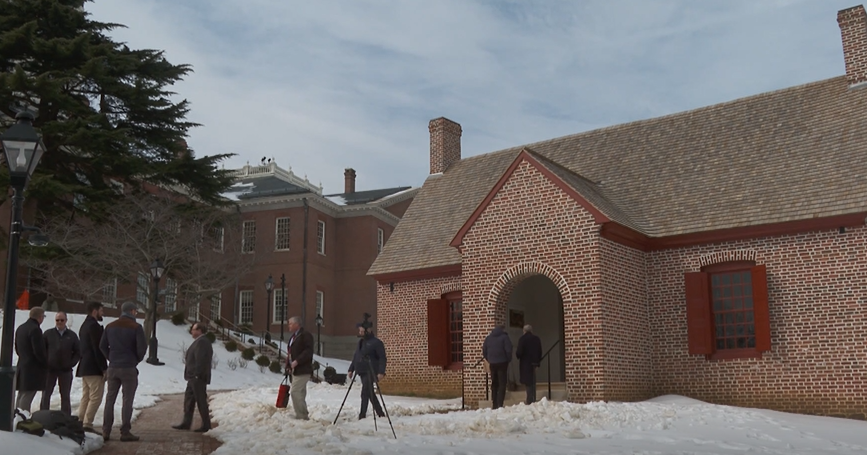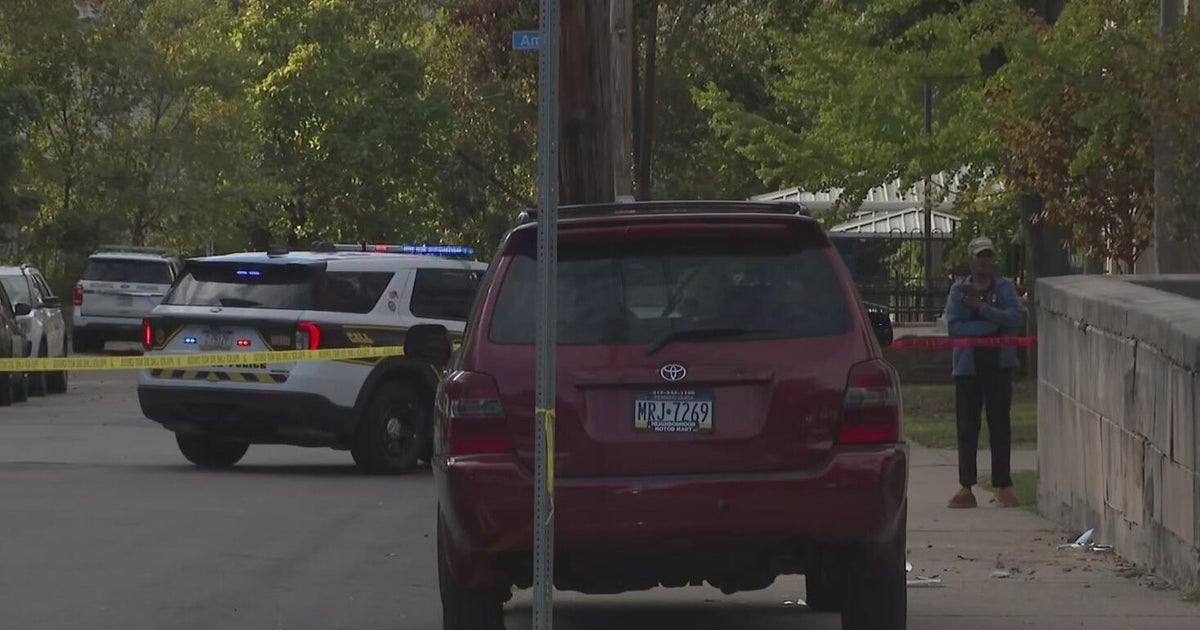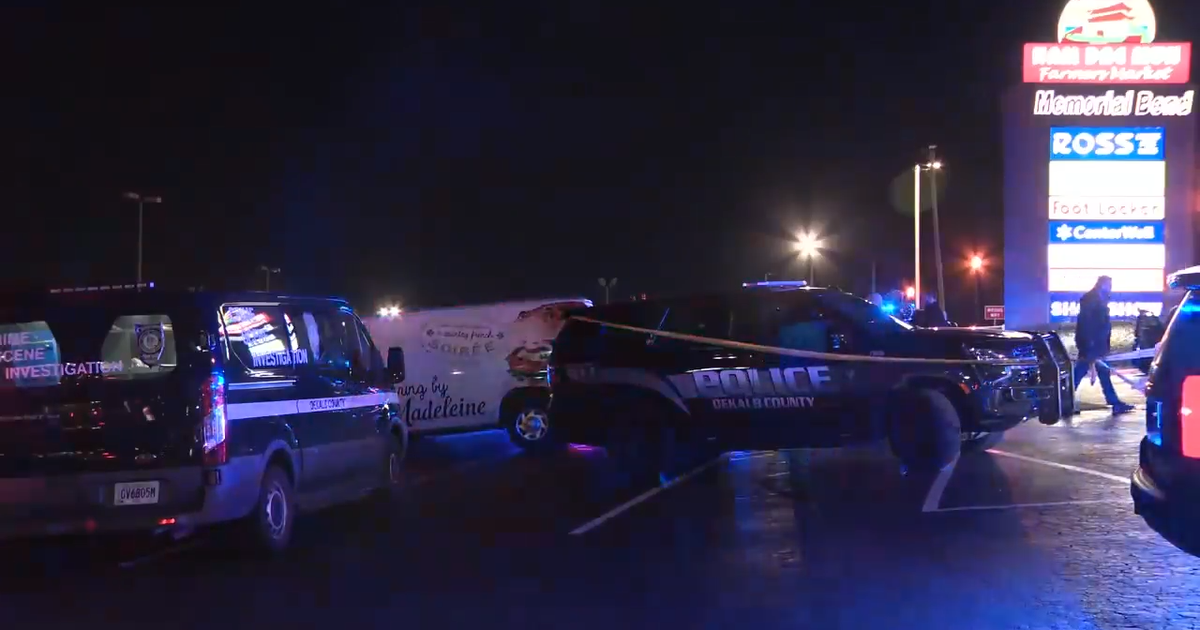New D.C. Drunken Driving Law To Take Effect
WASHINGTON (AP) -- A new law that toughens penalties for drunken driving in the nation's capital takes effect Wednesday, but the city's police department still is not using breath tests on suspected drunken drivers more than a year after the tests were suspended.
The new law, which was approved by the D.C. Council and signed by Mayor Vincent Gray earlier this summer. It doubles mandatory minimum jail terms for people with blood-alcohol concentrations of .20 percent or higher and establishes a blood-alcohol limit of .04 percent for commercial drivers, including taxi drivers.
The law also establishes new oversight for the district's breath-testing program. But there's still no timetable to the resumption of breath tests, which D.C. police stopped using in February 2011 in the wake of revelations that their breath-testing devices had produced inaccurate results. Police have been using urine and blood tests instead.
A year earlier, District of Columbia officials had notified defense lawyers about nearly 400 drunken-driving convictions that relied, at least party, on inaccurately calibrated blood-alcohol tests.
More than two dozen people sued the district over convictions based on those flawed tests, and the district Attorney General's office said Tuesday that all the outstanding lawsuits had been settled. The district paid a total of $136,000 to 17 plaintiffs, with individuals receiving between $2,000 and $42,000, said Jeffrey Rhodes, a lawyer for the plaintiffs.
"It certainly was a big mistake by the District of Columbia, and for a long time they weren't coming forward and trying to rectify that mistake. In the end, they did give compensation to a lot of people that were wrongly convicted," Rhodes said. "I think that our clients were vindicated as a result."
D.C. police and the Attorney General's office said Tuesday that they were close to reinstating the breath tests but could not provide an exact timetable. The company that manufactures the devices is making software changes, and as soon as police receive the machines, they will begin training officers on how to use them.
The new law establishes minimum jail terms of 10 days instead of five days for repeat DUI offenders and first-time offenders with blood-alcohol concentrations of .20 percent or higher. At .25 percent or higher, the minimum penalty increases from 10 to 15 days, and at .30 percent, the minimum will be 20 days.
It also increases maximum penalties for first-time offenders to 180 days in jail and a fine of up to $1,000, up from 90 days and a $300 fine.
"We believe this new law will deter drunk drivers in passenger and commercial vehicles in the district and make us a model for the nation," Gray said in a statement.
(Copyright 2012 by The Associated Press. All Rights Reserved.)
